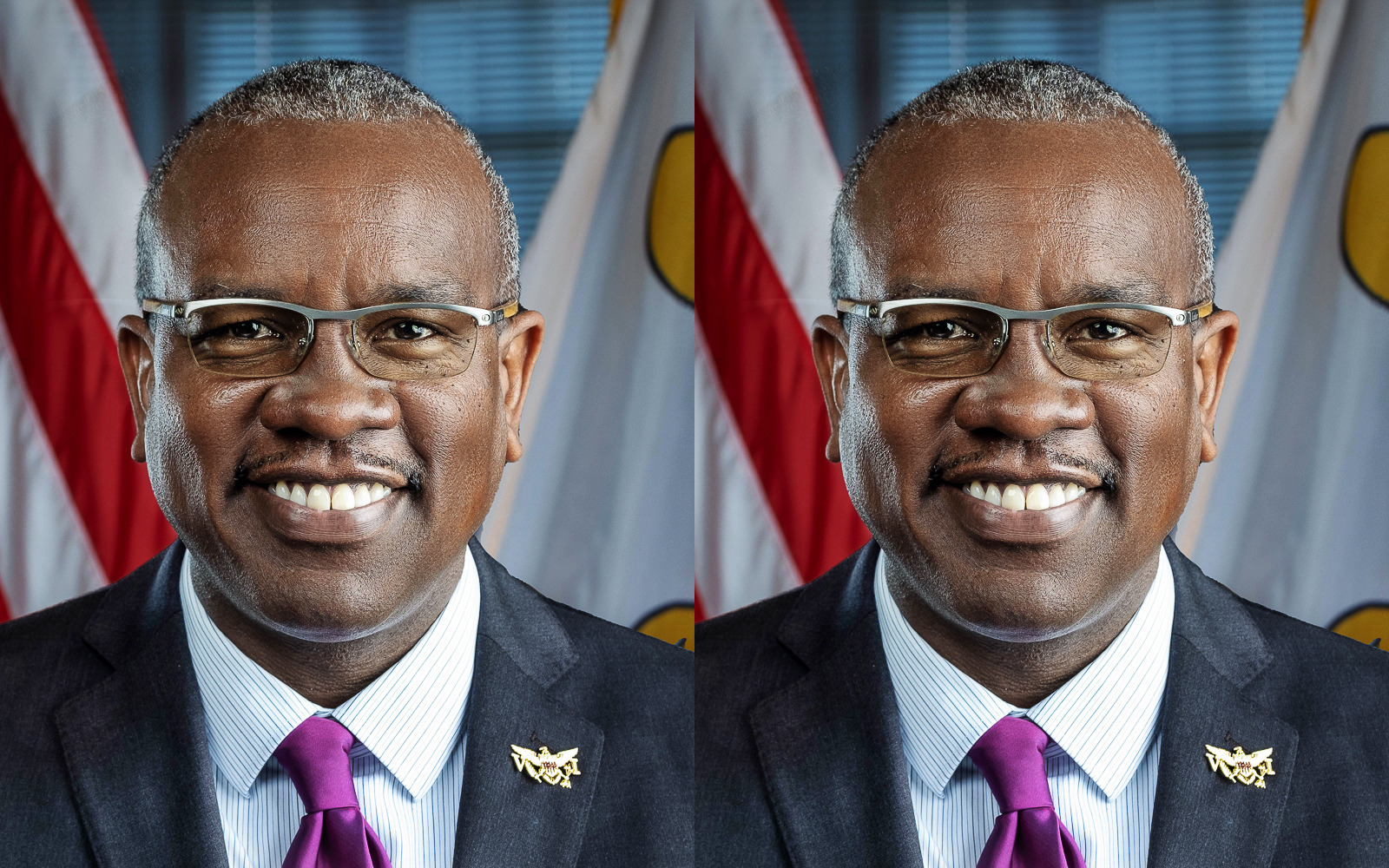Governor Albert Bryan Jr. has repeatedly said it’s his job to keep residents safe from the ravages of COVID-19, going as far as mandating the use of plastic utensils at restaurants and restricting beach access on weekends and holidays.
The Bryan administration continues to urge residents to get vaccinated and, as an enticement, introduced the so-called Vaccine Lottery where vaccinated individuals can win up to $100,000. The Virgin Islands Port Authority recently announced it would pay employees $800 to get vaccinated. Bryan also offered $250 payments to government employees getting the vaccine.
Here’s his spokesperson, Richard Motta, on September 8, in response to whether the governor is considering implementing stiffer vaccination requirements for tourists, similar to mandates by an increasing number of Caribbean islands:
“Virtually all those who travel to the territory via cruise lines who are eligible to receive the vaccine are vaccinated. That is a great requirement set by the governor and the cruise lines via a MOU. As a result, the cruise ships that have called on the territory’s ports have had vaccination rates of 95-plus percent,” Motta said.
“We welcome vaccinated travelers and encourage travelers to get vaccinated prior to traveling to the USVI, but it is not a requirement at this time as it is a challenge being able to validate vaccination records for vaccines administered outside of the territory. We will play it safe and rely on what has been working for us this far.”
And how’s that working out?
This week the territory recorded its 67th COVID-related death since the pandemic began, with one victim said to be fully vaccinated. August was the deadliest COVID month in the Virgin Islands with 16 deaths, followed by September with 11 deaths to date.
As for validating vaccination records for travelers, it’s as simple as asking for it. That simple process is being used in nearby Puerto Rico and at other Caribbean islands including Anguilla, Grenada, St. Bart’s, St. Kitts and Nevis, Trinidad and Tobago, Turks and Caicos and the Cayman Islands.
According to a recent CNBC Travel article, these islands that have instituted mandatory vaccination policies for incoming adult travelers are finding that it bodes well for tourism, too. “Safety is cited as the main reason behind the requirement, but such policies may be good for business,” according to marketing technology company, Zeta Global, quoted in the article.
Travel to Anguilla, for example, increased to 59 percent and “these figures suggest that islands with lenient protocols – i.e. those without quarantine or vaccine mandates – are likely attracting unvaccinated travelers while deterring vaccinated ones.”
Cheap air travel has attracted a different type of visitor to the Virgin Islands with some appearing on police blotter reports for incidents ranging from falsifying COVID tests to theft and disturbance of the peace.
Government House was again asked about a vaccine mandate after the White House announced sweeping new regulations.
On Sept. 14, Motta said in response that residents are continuing to be encouraged to get the vaccine and “hence all the incentive programs.”
“That is his [Bryan’s] stance at this moment; until we have exhausted all the possibilities that we have, and all the tools and incentives that we have, there’s no plans for a vaccine mandate.”
Confused by the doublespeak? We are, too.
On one hand, the administration pays government employees to get vaccinated and, on the other, makes it easier for the unvaccinated to mix with us. The governor also can’t justify having one set of rules for cruise ship tourists, who are to be vaccinated, and another for air travelers, who can simply upload a negative COVID test to Tourism’s portal.
It behooves the Bryan administration to revisit the policies Motta says are in place to keep both residents and visitors safe. It makes no sense for the Governor to exhort residents to get vaccinated, and continues to restrict beach access, while at the same time telling visitors it’s OK to come here unvaccinated and to mix with us in taxis, at beaches, and in hotels and restaurants.

